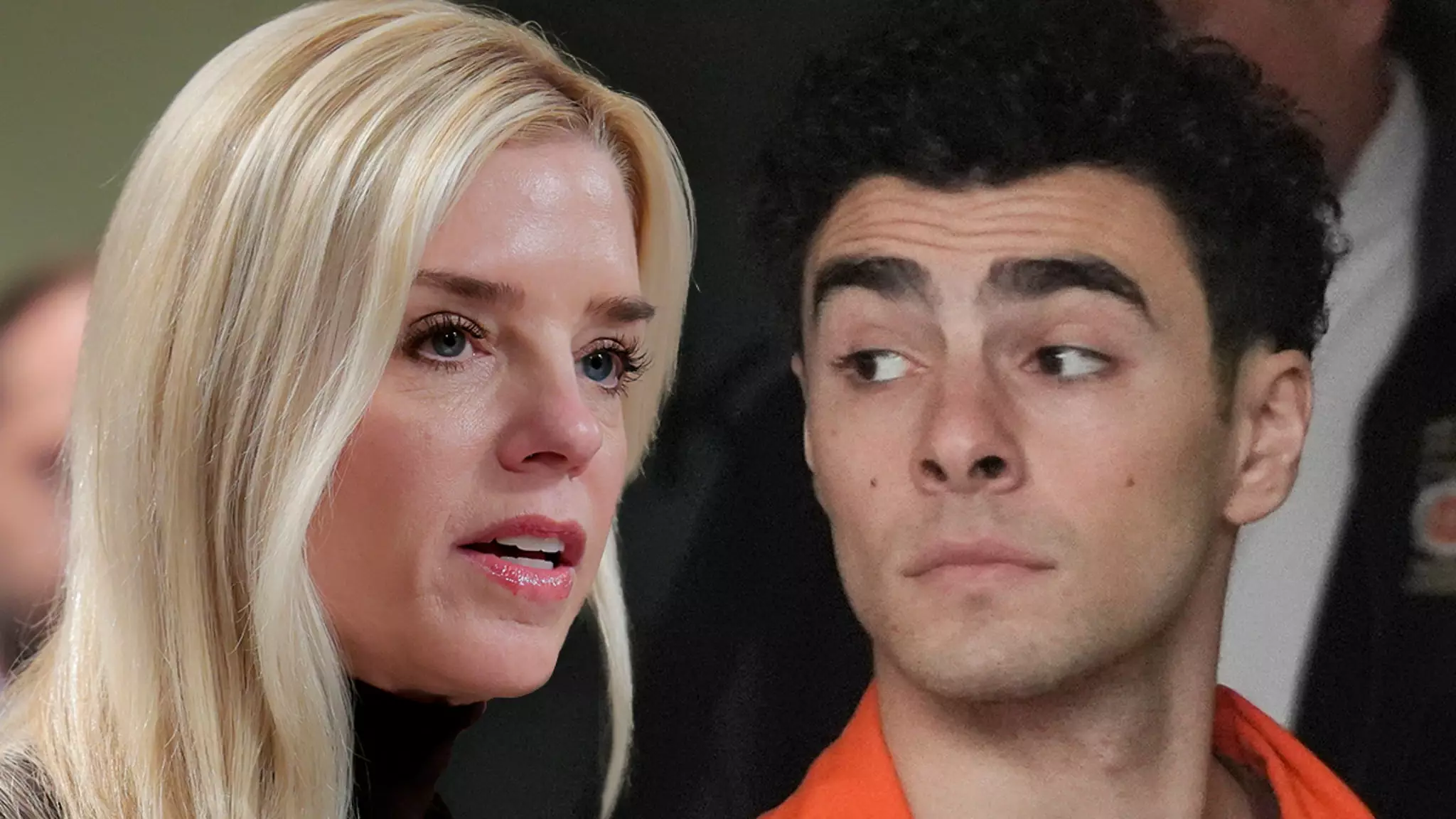Luigi Mangione’s case epitomizes the chaos that can arise when the judicial system and political agendas collide. Attorney Karen Agnifilo’s vehement defense positions the Justice Department’s actions not merely as legal maneuvers but as a descent into barbarism, suggesting that this punitive approach is less about justice and more about vendettas. By seeking the death penalty, the government isn’t just enforcing laws; it’s wielding an instrument of fear that complicates the very idea of the justice it claims to uphold. This case serves as a stark reminder of the rampant dysfunction that can permeate American legal proceedings, where the stakes are alarmingly high.
The Political Chess Game
Recent developments suggest that the federal government could be using Mangione’s case as a pawn in a larger political game. Attorney General Pam Bondi’s push for the death penalty aligns closely with President Trump’s law-and-order rhetoric, a tactic to rally support by presenting a tough stance against perceived violent crime. The suggestion that federal charges, particularly those seeking capital punishment, could be politically motivated raises questions about the ethics of intertwining political strategy with judicial decisions. In this scenario, an individual’s life hangs precariously as the government seeks to portray strength and decisiveness, distracting from the complexities and real human narratives involved.
The Shared American Discontent
Agnifilo’s claims resonate deeply with a growing discontent that stretches beyond Mangione’s case alone. It taps into a broader narrative around the American healthcare system, a landscape perceived by many as corrupt and capitalistic. Mangione’s alleged crime against a powerful CEO speaks to the frustrations of citizens who feel disenfranchised by an industry that often prioritizes profit over life. The notion that the government protects an allegedly ‘immoral’ healthcare system while simultaneously pursuing the death penalty for a single individual paints a hypocritical picture. Many see it as a failure of the system to address root causes of violence, instead opting for the harshest of punishments.
The Public’s Role and Its Consequences
The public’s engagement with Mangione’s trial is particularly striking. Protests and demonstrations outside courthouses underscore a powerful societal split where supporters rally around an accused man, holding onto the belief that systemic injustices cannot go unchallenged. The enthusiasm of Mangione’s supporters reflects an undercurrent of resistance against the federal system, viewing their participation not just as support for an individual but as a stand against a perceived government overreach. This dynamic complicates public perception of law enforcement and judicial consequences and introduces a level of unpredictability into the proceedings.
Looking Ahead: A Divided Sentiment
As the looming threat of the death penalty casts a shadow over Mangione’s future, the implications extend far beyond this singular case. If the state or federal prosecution prevails, it could embolden aggressive tactics against those perceived as threats to the status quo. Conversely, should Mangione’s defense prevail through the legal complexities, it could spark a conversation on the misuse of state resources in pursuing politically charged cases. Either way, this trial is a critical flashpoint that underscores the need for a recalibration of justice—one that prioritizes humanity over spectacle.

